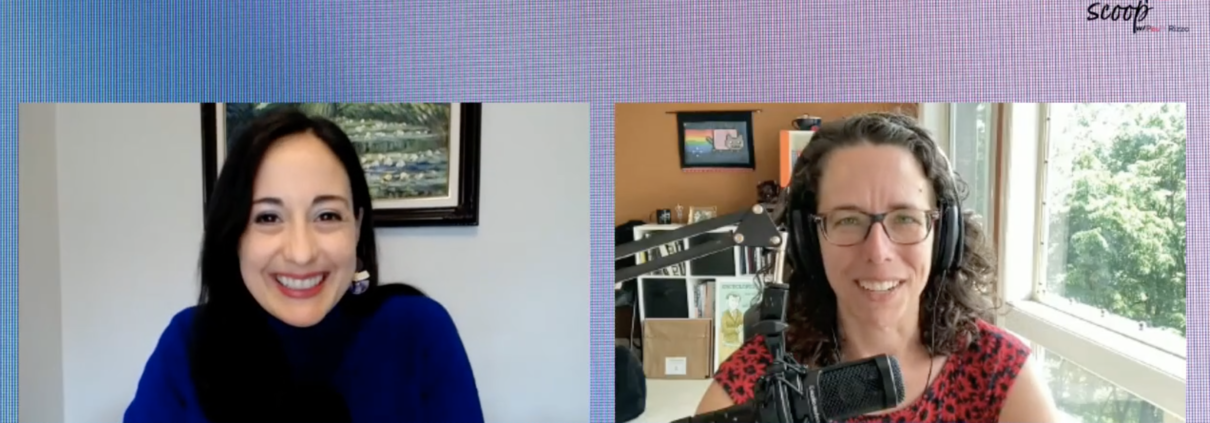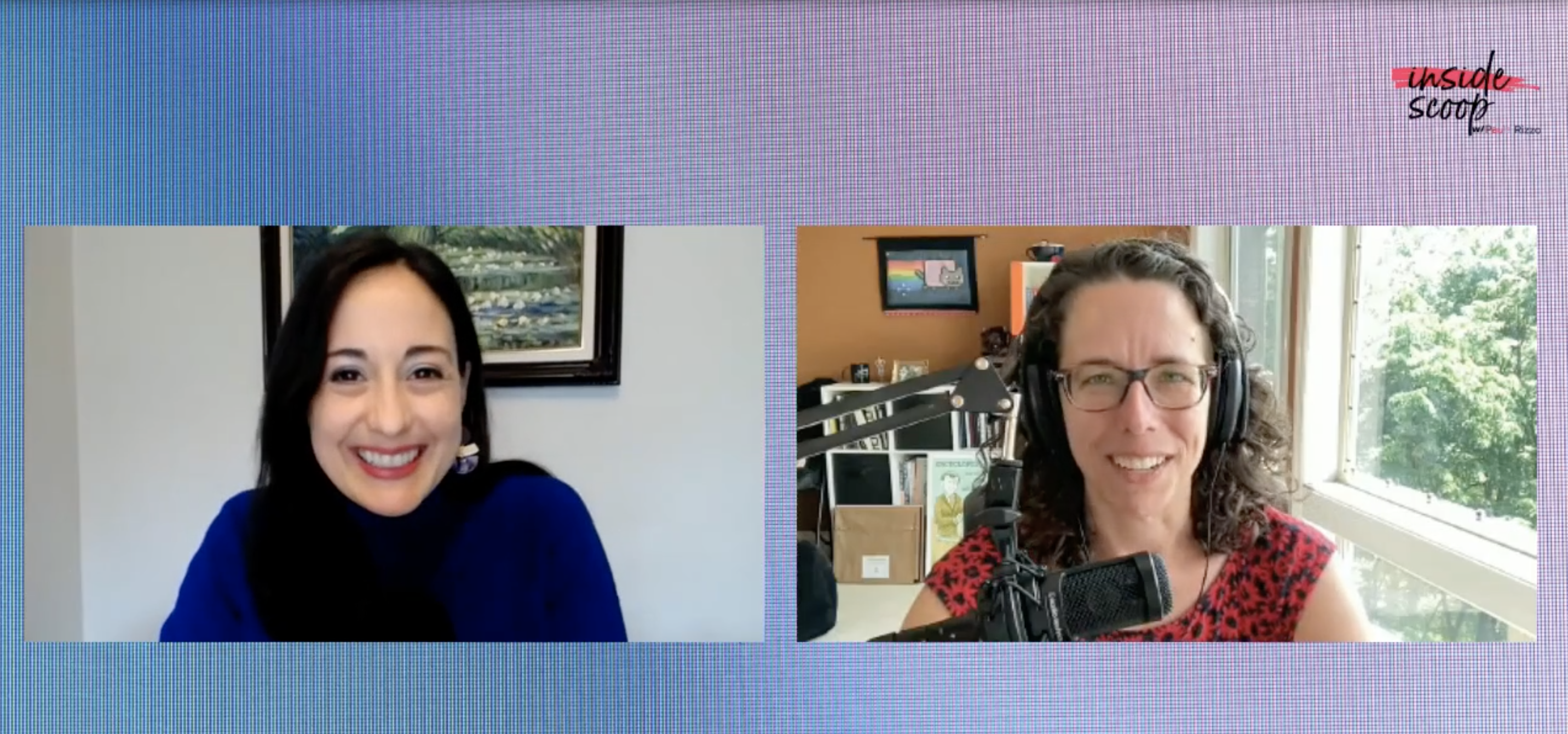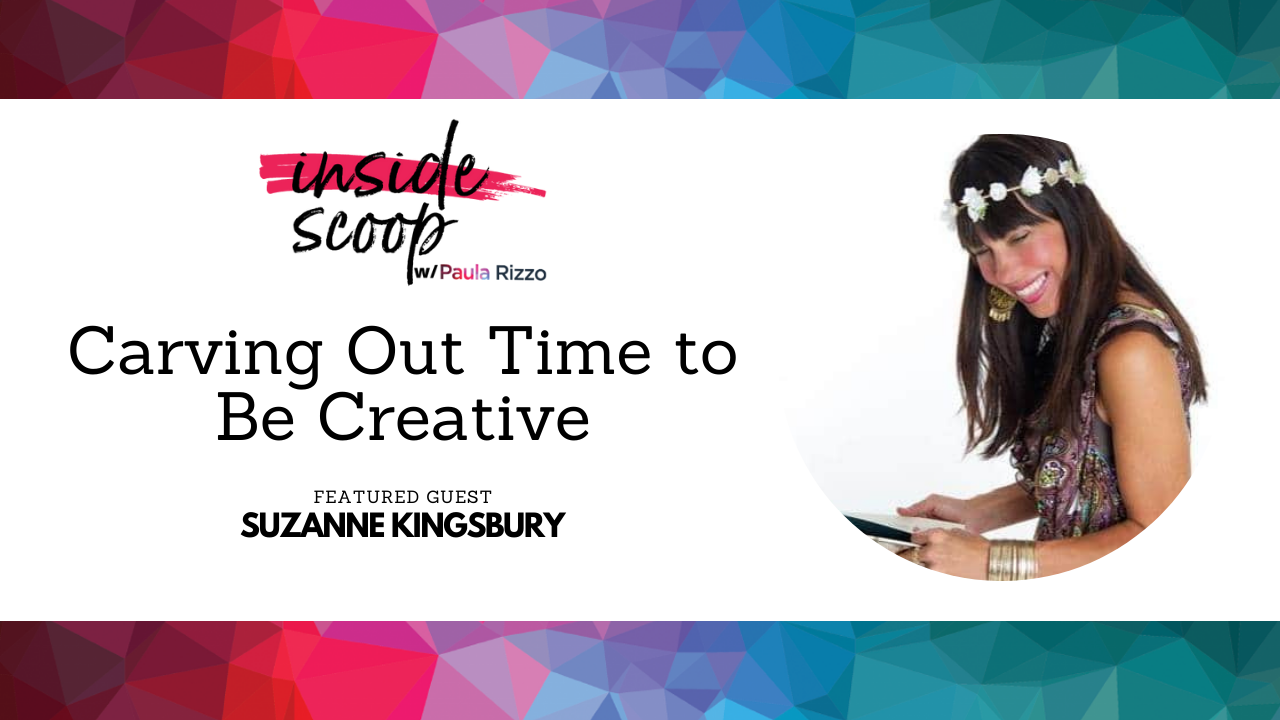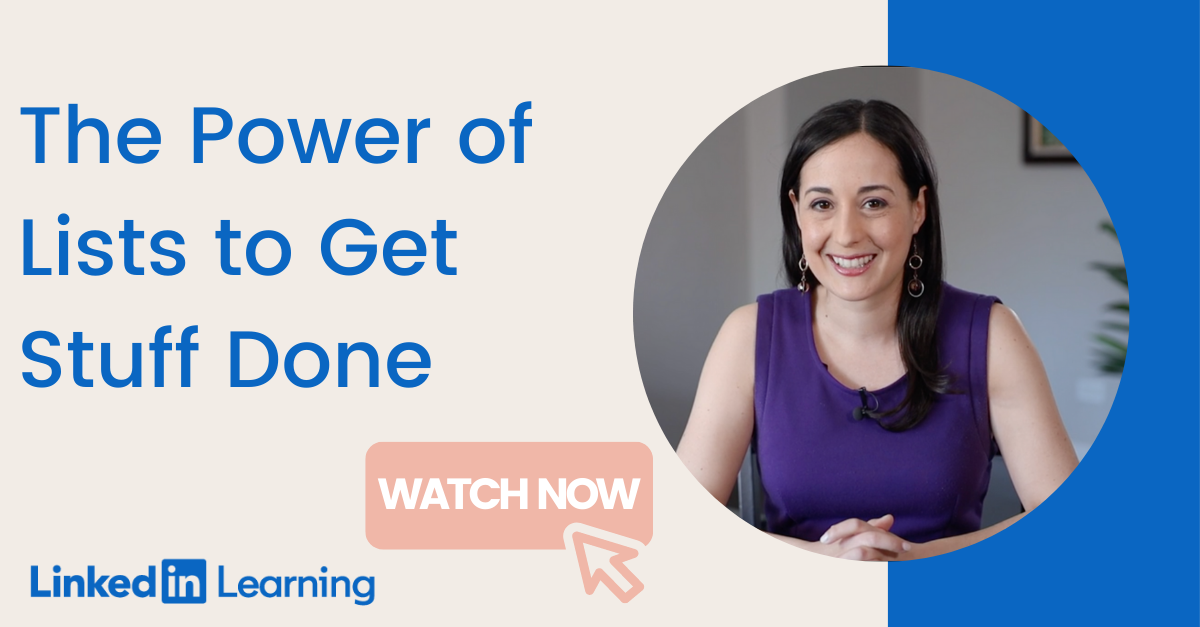The Business of Being an Author
___
BONUS FREEBIE: Your message deserves the media’s attention. So how do you get out there in a bigger way? I’ve got you covered. CLICK HERE to grab my free “Checklist to Become a Go-To Media Expert.”
___
If you want to be an author (or already are one) I’m going to let you in on a secret: You are also a business owner.
Yep! Having a book means you have a business (like it or not)!
Writing for fun is great but being a professional author means you need some business know-how to be a success.
I learned a lot about this after my first two books Listful Living and Listful Thinking were published and since I media-train authors I get a first-hand look at what happens in the book world.
And as I start the publishing process on my first fiction book, I’m already learning that the business opportunities are different.
Book publishing and business expert, Jane Friedman, joined me for my live-streaming show Inside Scoop to teach us all about The Business of Being an Author.
Here are four insights she shared to help you make the transition from amateur to professional.
1) Books aren’t your only business.
Gone are the days where writers made a living on only their books.
“Unless authors get some kind of amazing advance (and even then, advances are split into three or four parts and the agent takes 15% and then there’s the taxes), you’re not usually left with a living wage,” Jane explained.
And even if you get a great advance, you have to earn that out. So if you’re a first time author and you’re looking for a book deal and you’re waiting for that huge advance, maybe consider a smaller one. A smaller advance and you earn it out faster. Meaning once you pay back the publisher for the advance you will make royalties.
“For your average, $25 or $30 book, an author might be earning $2 or $3 off that. So you have to sell a lot of books. And that’s after you earn out your advance. I would say 70 to 80% of books don’t earn out the advance,” Jane said.
But don’t worry, there are other ways professional authors make money besides selling books.
2) Your book can be an online business.
The creator economy is real! It creates a ton of opportunities for entrepreneurs and authors to create their own businesses or business opportunities.
“Social media sites and other platforms find ways to reward people monetarily for being active on their platforms,” Jane said.
But it isn’t as easy to just start throwing things online and raking in piles of cash.
“These companies aren’t altruistic. They’re always changing the rules around, but nevertheless, whether it’s YouTube, or Instagram, or Twitter, or Facebook, or any other number of sites there are ways to make your activity pay off,” Jane added.
So it will take some trial, error, and strategy to figure out the best platforms and methods to capitalize on bringing the expertise from your book to other online business opportunities. And it will also depend on the kind of book you’re writing.
_
_
3) It’s different for Fiction and Non-Fiction authors.
It’s not better or worse to be a fiction or nonfiction writer. But just like how you approach writing these books will be different, how you approach your business will be different too.
“Non-fiction writers usually have a lot more options or it’s easier to make that connection between books and other profitable side businesses, whether that’s speaking or consulting or offering online classes,” Jane said.
My first two books Listful Living and Listful Thinking had a similar trajectory! My blog ideas were turned into a book, which turned into LinkedIn Learning courses, speaking engagements, etc.
For fiction writers, it’s different. You’ll have to know who your readers are and learn how to engage them.
“There are lots of ways now to have patrons. Like Patreon. It’s right there in the name. Patreon gets readers to pledge every month to support your work in exchange for accessibility or chats with the author or other perks,” Jane explained.
4) Find an easy way to keep your books.
Like any business, keeping your records clean and organized helps tremendously.
“Have separate accounting, bookkeeping, finances and accounts, etc. It’s just so much cleaner at tax time. You don’t have to establish an LLC. You can remain a sole proprietor. But using an EIN is very useful. Have a business credit card and track your expenses. I like using Wave for this,” Jane said.
I started using Xero when I went full time as an entrepreneur. And keeping things separate was really helpful for my mindset and helped me track things easier. And as my business grew and became more full time, everything was set up.
For more business insights for authors, sign up for Jane’s FREE newsletter and watch our entire conversation here!
___
BONUS FREEBIE: Your message deserves the media’s attention. So how do you get out there in a bigger way? I’ve got you covered. CLICK HERE to grab my free “Checklist to Become a Go-To Media Expert.”
___













Leave a Reply
Want to join the discussion?Feel free to contribute!